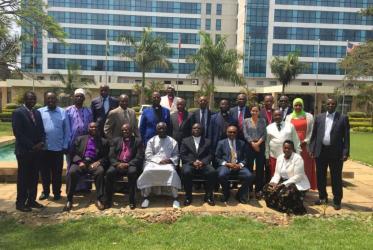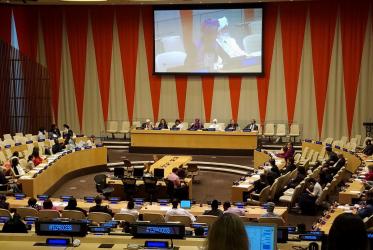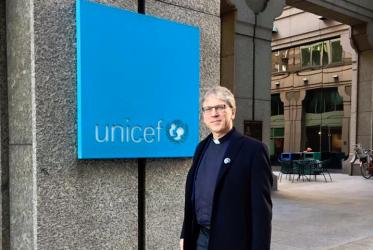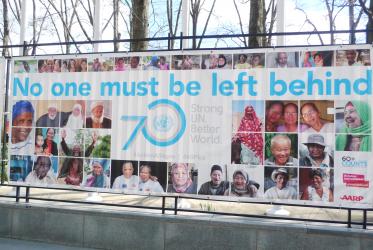Displaying 61 - 80 of 222
Ecumenical diakonia: sharing God’s gifts at all tables
05 October 2017
New ACT general secretary envisions more prophetic diakonia
22 February 2017
Colombia peace accord brings both joy and concern
19 August 2016
Making SDGs progress everybody’s business
19 May 2016
Symposium focuses on religion, violence, extremism
04 February 2016
WCC welcomes monitoring of ceasefire in Colombia
01 February 2016










